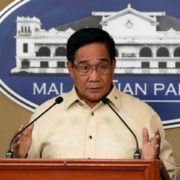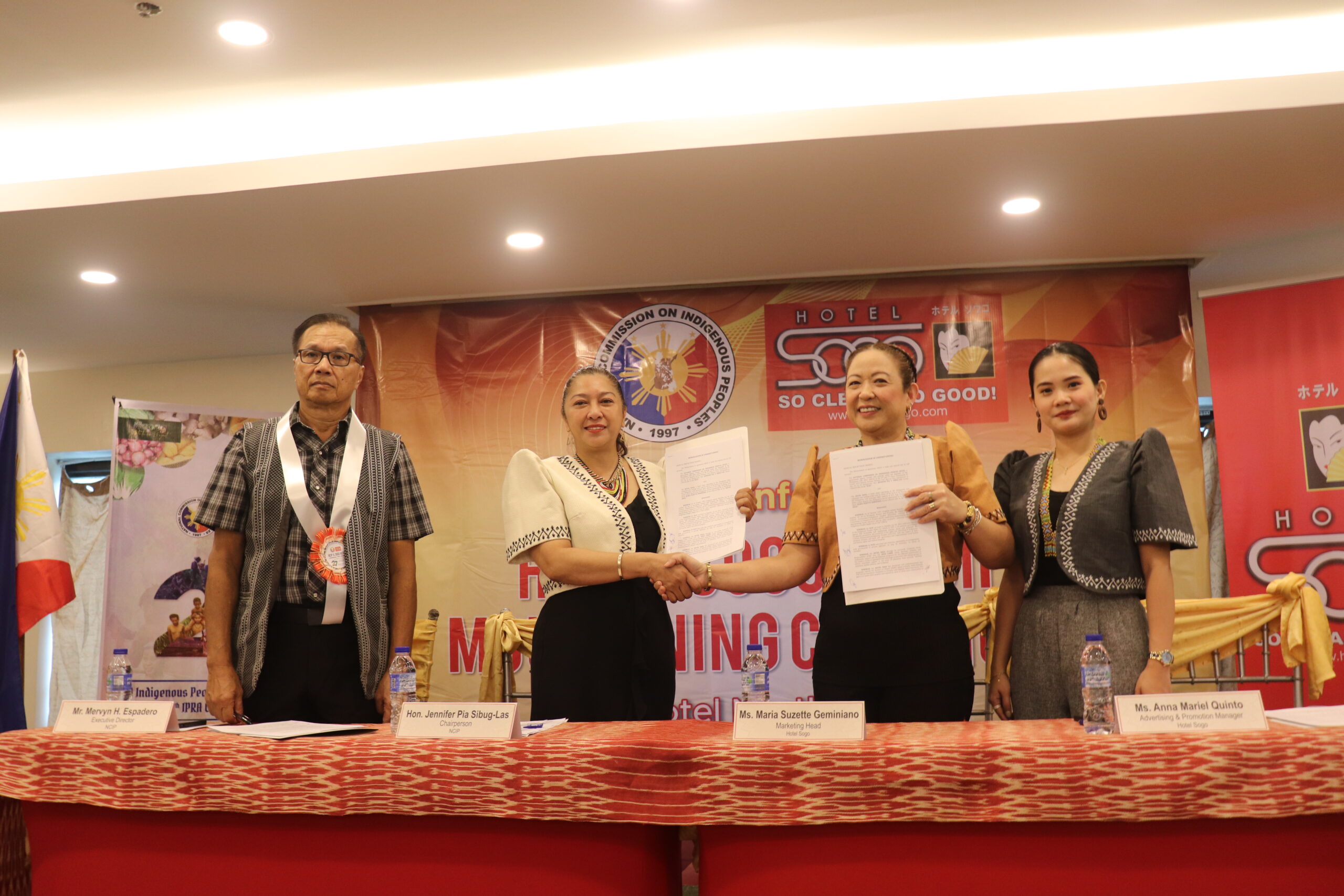
The Philippines was stable and secure in 2018.
The National Security Council and the security sector succeeded in adequately managing national security in the face of numerous issues and concerns that continue to challenge the security of the nation.
The National Security Strategy (NSS) that was issued by President Rodrigo Roa Duterte in May was instrumental in integrating the country’s major security policies, defining responsibilities, and coordinating the actions of all concerned agencies, to effectively address security threats, issues, and concerns both within and outside the country.
We recall that in 2018, the security sector was preoccupied with the following:
In the external environment, the West Philippine Sea issue remained to be contentious due to overlapping territorial claims and maritime domain concerns among the various claimants. The great powers contest had actually shifted focus towards the contested waters of the South China Sea/West Philippine Sea, and in Asia in general
Amidst this renewed global interest on Asia, the Duterte Administration adopted a “middle ground” position signifying that the Philippines is a friend to all and an enemy to none. With this mindset, the Philippines had embarked on an independent foreign policy that forges new partnerships with China and Russia, while maintaining ties with traditional partners such as the United States.
In securing the country’s territorial integrity and sovereignty in the West Philippine Sea, we continue the use of diplomatic engagements with China and other claimant states without compromising Philippine national interest. The Bilateral Consultative Mechanism with China was established while the ASEAN-centered negotiations for the Code of Conduct in the South China Sea was formalized.
The Philippines also pursued the development of its deterrence capabilities for a credible defense posture, particularly through the increased funding allocation by Congress. The improvement of facilities in the Philippine-occupied features in the West Philippine Sea were also undertaken.
Trans-boundary issues such as terrorism, drug-trafficking, piracy, smuggling, and human trafficking are being addressed through the strong collaborative mechanisms within the ASEAN framework. The Philippines remains an active member-state that recognizes the ASEAN way in undertaking concerted actions against security threats and challenges in the region.
In the Philippines, illegal drugs have become a national security threat. The campaign against illegal drugs has become a primary mission and the campaign will even be more intensified to eradicate the menace.
The terrorist threat posed by local communist terrorist groups and other extremist groups continue to threaten the lives, properties, and freedoms of the Filipino people. They hamper the country’s potential economic gains and progress.
The threat from ISIS-affiliated groups remains despite their resounding defeat in Marawi, which is now undergoing reconstruction and rehabilitation.
Elsewhere, in areas where there are local terrorist groups such as the Abu Sayyaf, Maute and the BIFF, the operations will be relentless. More security forces will be deployed, as necessary.
Only a few weeks ago, President Duterte issued Executive Order 70 (EO 70) providing for a Whole-of-Nation approach in defeating the Local Communist Terrorist Groups. A National Task Force to End Local Communist Armed Conflict (NTF-ELCAC) was created to synchronize the utilization of the government’s instrumentalities of power with the capabilities of private sector stakeholders to finally end the 50-year long deceit, lies and atrocities committed by the communist terrorists against the people.
The President himself is leading the way By taking the role of National Task Force Commander, he is demonstrating resolve to fulfill his vow to provide a better future for the Filipino people.
The “Whole-of-Nation Approach” gives importance to inclusive and sustainable framework towards attaining peace. In this light, the government remained persistent in implementing the Enhanced Comprehensive Localized Integration Program (E-CLIP), wherein rebel returnees have found alternatives to a life of crime and violence.
On the Mindanao situation, the recent Congressional approval to extend Martial Law demonstrates government’s commitment at maintaining peace and order and eliminating extremist influence in the region. The extended implementation of Martial Law will be vital in ensuring the success of the upcoming plebiscite of the Bangsamoro Organic Law in January 2019.
Prospects are bright for an even more stable and secure nation in 2019. With the NSS and the “Whole-of-Nation Approach” in place, the security sector will become more robust in addressing future security challenges. We are optimistic that as we are able to provide continuing stability, more developmental prospects, small and big – such as our Build, Build, Build projects — will see fruition. All these will translate to improved economic standing and better living conditions of most Filipinos.
We, in the security sector, stand with the President, and remain committed to secure our territory, ensure sovereignty, and implement law and order – all for the well-being of the Filipino and for our future generations.
Press Statement by:
HERMOGENES C. ESPERON JR..
National Security Adviser and Director General, National Security Council
–
For news and updates from the National Security Council of the Philippines, visit their website at http://www.nsc.gov.ph.




